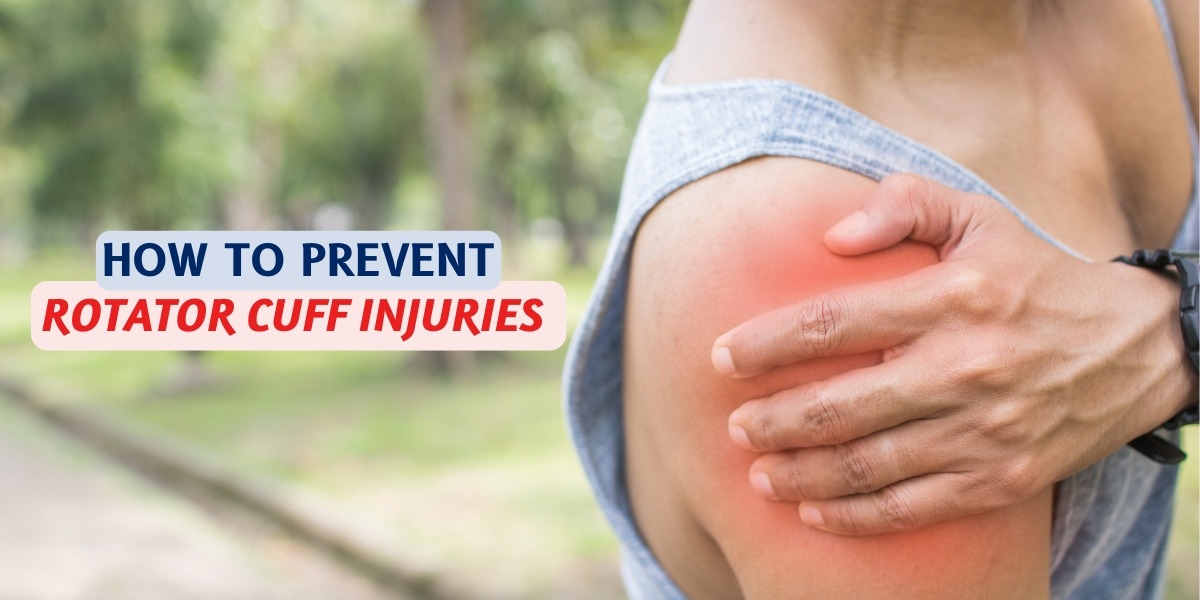A shoulder fracture can be a painful and debilitating injury, requiring proper care and time to heal. However, sometimes the healing process doesn’t go as planned, leading to complications. Recognizing the warning signs early can prevent long-term damage and ensure timely medical intervention. If you’re experiencing persistent pain, stiffness, or weakness in your shoulder, it might indicate improper healing.
Common Signs Your Shoulder Fracture Isn’t Healing Properly
1. Persistent or Worsening Pain
- Pain should gradually decrease as the fracture heals.
- If pain persists or worsens after weeks, it may indicate non-union (failed healing) or malunion (improper bone alignment).
2. Limited Range of Motion
- Stiffness that doesn’t improve with physical therapy could mean improper bone healing.
- Difficulty lifting your arm or performing daily tasks is a red flag.
3. Swelling and Bruising That Doesn’t Subside
- Swelling should reduce within a few weeks.
- Persistent swelling may suggest infection or poor blood supply to the fracture site.
4. Weakness or Instability in the Shoulder
- If your shoulder feels weak or gives way, the bones may not be healing correctly.
- Muscle atrophy (loss of muscle mass) due to prolonged immobility can also contribute.
5. Clicking or Grinding Sensation
-
A grinding or popping sound when moving your shoulder could indicate misaligned bones or cartilage damage.
6. Visible Deformity
-
If your shoulder looks misshapen or uneven compared to the other side, seek medical attention immediately.
When to See a Shoulder Specialist?
If you notice any of these signs, consult an expert like Dr. K P Dev Jaidev, a renowned shoulder specialist in Hadapsar, Pune, at Savali Multispeciality Clinic. Early intervention can prevent complications like:
- Chronic pain
- Arthritis
- Permanent loss of mobility
Treatment Options for Poorly Healing Shoulder Fractures
Depending on the severity, treatment may include:
✔ Physical Therapy – Strengthens muscles and improves mobility.
✔ Bone Stimulators – Promotes healing in slow-recovering fractures.
✔ Surgical Intervention – Required for severe non-unions or malunions.
A shoulder fracture requires proper care and monitoring. If you suspect your injury isn’t healing correctly, don’t ignore the warning signs. Consult Dr. K P Dev Jaidev, a trusted shoulder specialist in Hadapsar, Pune, for expert evaluation and treatment at Savali Multispeciality Clinic.
FAQ’s
1: How Long Does a Shoulder Fracture Take to Heal?
A shoulder fracture typically takes 6 to 12 weeks to heal, depending on the severity, age, and overall health. However, if pain and stiffness persist beyond this period, it may indicate delayed healing or complications requiring medical evaluation.
2: Can a Shoulder Fracture Heal on Its Own Without Treatment?
Minor fractures may heal with rest and immobilization, but severe or displaced fractures often need medical intervention (like a sling, brace, or surgery). Ignoring proper treatment can lead to non-union, chronic pain, or permanent mobility loss.
3: What Happens If a Shoulder Fracture Doesn’t Heal Correctly?
An improperly healed fracture can cause:
✔ Chronic pain and stiffness
✔ Reduced shoulder function
✔ Arthritis or long-term joint damage
Early diagnosis and corrective treatment (like physical therapy or surgery) can prevent long-term complications.



